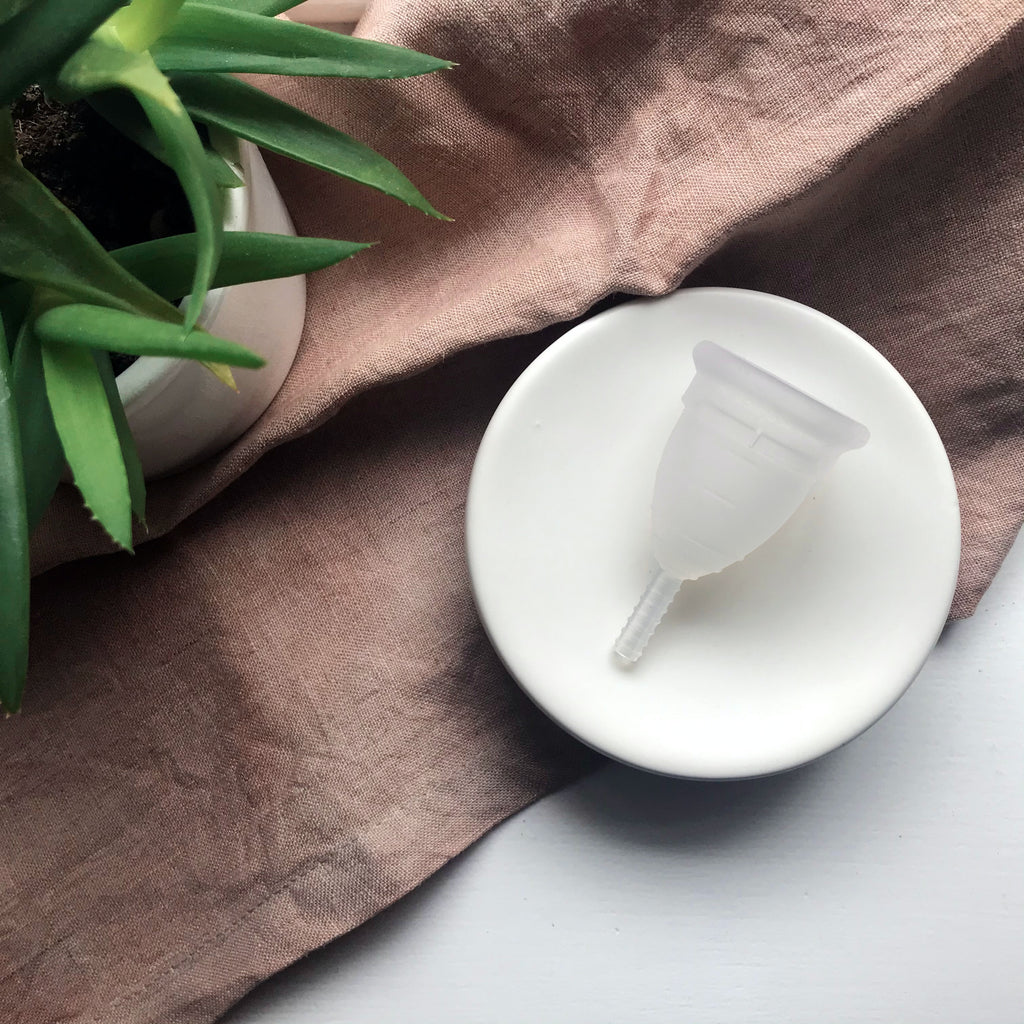Reducing Waste: Exploring the Environmental Impact of Reusable Period Products and Sustainable Alternatives

As more individuals seek eco-friendly alternatives for managing their periods, reusable menstrual products have gained significant popularity. While these products offer numerous benefits, it is essential to examine their environmental impact and consider sustainable alternatives. We want to delve into the waste generated by reusable period products worldwide and explore alternative options that promote both menstrual hygiene and environmental sustainability. Together let's uncover the facts, address concerns, and empower individuals to make informed choices for a greener period.
The Environmental Impact of Reusable Period Products:
Reusable period products, such as menstrual cups, cloth pads, and period underwear, are generally considered more environmentally friendly than disposable options. They reduce the amount of waste sent to landfills and minimize the resources required for production. However, it is important to acknowledge that these products still have some environmental impact, primarily due to the materials used and the energy consumed during their manufacturing process.
Factors Contributing to Waste:
-
Materials: Reusable period products are typically made from a combination of materials like silicone, rubber, cotton, or synthetic fibers. While these materials are durable, they eventually degrade and may end up in landfills, especially when not disposed of properly.
-
Manufacturing: The production process for reusable products involves energy consumption and raw material extraction, contributing to carbon emissions and resource usage. However, the long lifespan of reusable products can help offset their initial environmental impact.
-
Disposal: Proper disposal is crucial to minimize waste. If reusable period products are not disposed of correctly, they may end up in landfills, potentially negating the environmental benefits they offer.
Sustainable Alternatives:
-
Menstrual Cups: Made from medical-grade silicone or rubber, menstrual cups are reusable for several years. They offer a sustainable option, reducing waste and environmental impact. Additionally, some brands focus on sustainable manufacturing practices and use recyclable or biodegradable packaging.
-
Cloth Pads: Reusable cloth pads are made from natural fibers such as organic cotton or bamboo. These washable pads are an eco-friendly alternative to disposable pads, reducing waste and minimizing environmental impact. Proper cleaning and care ensure their longevity.
-
Period Underwear: Designed with absorbent layers, period underwear replaces the need for disposable pads or tampons. They are reusable, washable, and often made with sustainable materials like organic cotton or bamboo fabric. These innovative undergarments provide comfort, leak protection, and environmental benefits.
-
Eco-Friendly Disposable Options: If reusable products are not suitable or practical for an individual, eco-friendly disposable options are available. These products are typically made from sustainable materials and biodegrade more quickly than traditional disposable products.
Promoting Sustainability:
-
Education and Awareness: Creating awareness about the environmental impact of period products and the benefits of reusable alternatives can empower individuals to make sustainable choices.
-
Proper Disposal and Recycling: Encouraging proper disposal and recycling of reusable products at the end of their lifespan is crucial. Providing clear instructions and recycling programs can help reduce waste and maximize the environmental benefits of these products.
While reusable period products offer a greener alternative to traditional disposable options, it is important to recognize that they still generate waste and have an initial environmental impact. By understanding the factors contributing to waste and exploring sustainable alternatives, individuals can make informed choices that balance their menstrual hygiene needs with environmental sustainability. Whether opting for menstrual cups, cloth pads, period underwear, or eco-friendly disposable options, embracing reusable alternatives or responsible disposables can contribute to a healthier planet and a greener period.
Together, let's strive for a more sustainable future, one period at a time.

Leave a comment